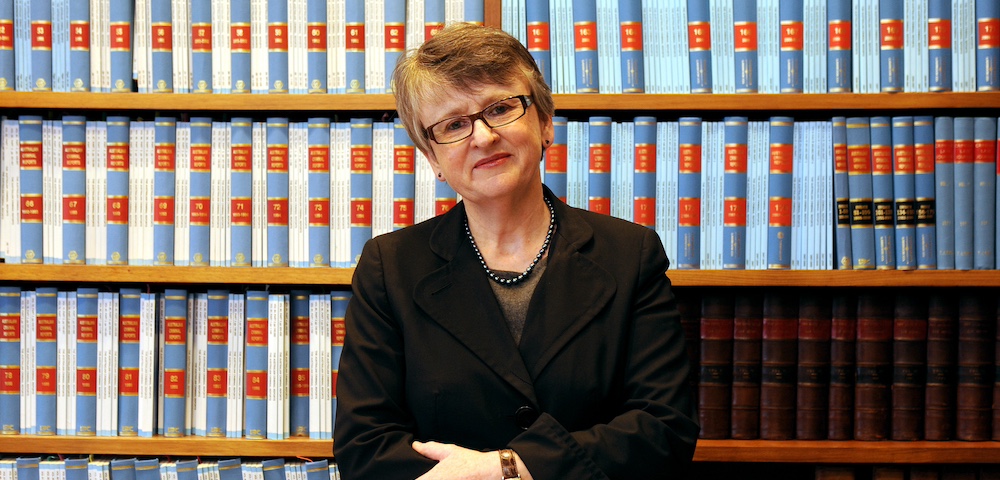
Experts say criminalisation of HIV has no scientific basis

Twenty leading experts in HIV science have published a consensus statement saying that the criminalisation of HIV has no basis in science.
The statement was published in the Journal of the International AIDS Society as ‘Expert consensus statement on the science of HIV in the context of criminal law‘.
Launched at the World AIDS Conference in Amsterdam, the statement confronts the idea that criminalisation is an effective deterrent in preventing people from becoming HIV positive.
“On the contrary, criminalization of HIV transmission creates an unjust public health environment where individuals living with HIV may be fearful about disclosing their status, which may delay their own engagement in care,” an editorial accompanying the statement reads.
“In a world where highly effective tools exist to enhance the lives of people living with HIV and to curtail HIV transmission through the ongoing use of effective antiretroviral medication, any disincentive to engage in care is undesirable from a public health and human rights standpoint.
“Specific laws focusing on HIV criminalization, and misuse of other laws despite the evidence against the likelihood of HIV transmission, reflect the perpetuation of ignorance, irrational fear and stigmatization, or a punitive intent directed towards people living with HIV.”
Documentation published alongside the statement say that it came about because around 70 countries specifically criminalise HIV non-disclosure, exposure or transmission.
Around 33 countries have applied other laws in the prosecution of similar cases.
“Current evidence suggests the possibility of HIV transmission during a single episode of sex, biting or spitting ranges from no possibility to low possibility,” the statement says.
“Consideration of the use of scientific evidence in court found that phylogenetic analysis alone cannot prove beyond reasonable doubt that one person infected another although it can be used to exonerate a defendant.
“We strongly recommend that more caution be exercised when considering criminal prosecution, including careful appraisal of current scientific evidence on HIV‐related risks and harms.
“This is instrumental to reduce stigma and discrimination and to avoid miscarriages of justice.”
“Simply put, HIV criminalisation laws are ineffective, unwarranted and discriminatory,” the consensus statement’s co-author and IAS President Linda-Gail Bekker said.
“In many cases, these misconceived laws exacerbate the spread of HIV by driving people living with and at risk of infection into hiding and away from treatment services.”
Today at #AIDS2018 we join 20 leading #HIV scientists to launch the Expert Consensus Statement on #HIV Criminalization. Published in @jiasociety, the statement lays out the science and refutes the rationale for laws that criminalize HIV transmission https://t.co/9CKiHVDmGs pic.twitter.com/foLYbfNtIt
— Int. AIDS Society (@iasociety) July 25, 2018
The editorial, co-written by JIAS Editor-in-Chief Kenneth Mayer alongside Annette Sohn, Susan Kippax and Marlène Bras, went on to encourage governments to review the statement to inform policy changes founded on approaching HIV as a health issue rather than a criminal issue.
“We therefore hope that governmental authorities will view this Expert Consensus Statement as a resource to better understand the actual rather than the perceived risks posed by exposures to individuals living with HIV, and to create societies that encourage engagement and not fear.”
In May last year, a Sydney man lost his appeal against charges of grievous bodily harm in an instance of HIV transmission.
Another man from Sydney plead guilty to the same charge in March this year.
A WA man was charged with two counts of aggravated grievous bodily harm over HIV transmissions earlier this year.
And in February, CJ Palmer was sentenced to a six year term in a men’s prison, despite being a woman, for transmitting HIV.









